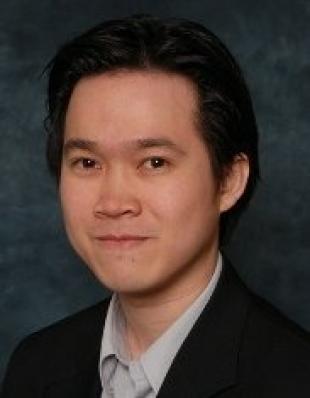Dr Jerry YY Heng heads the Surfaces and Particle Engineering Laboratory at the Department of Chemical Engineering, Imperial College London. He holds a B.Eng (Chem. Eng, 1st Class) from Universiti Teknologi Malaysia and a Ph.D. in Chemical Engineering from Imperial College London (2006). His research interest is in crystallisation and surface properties of crystalline solids (processing, manufacturability and formulation). He currently has over 90 journal publications (Scopus ID 12799561600), and currently supervises 3 postdocs and 6 PhD students. He currently holds an EPSRC Manufacturing the Futures Fellow (2016-2021), a Fellow of the Academy of Pharmaceutical Sciences Great Britain and the Higher Education Academy, Deputy Editor in Chief for Chemical Engineering Research & Design, thematic editor of Particuology and serves on the Editorial Board of the Proceedings of the Royal Society of London A.

